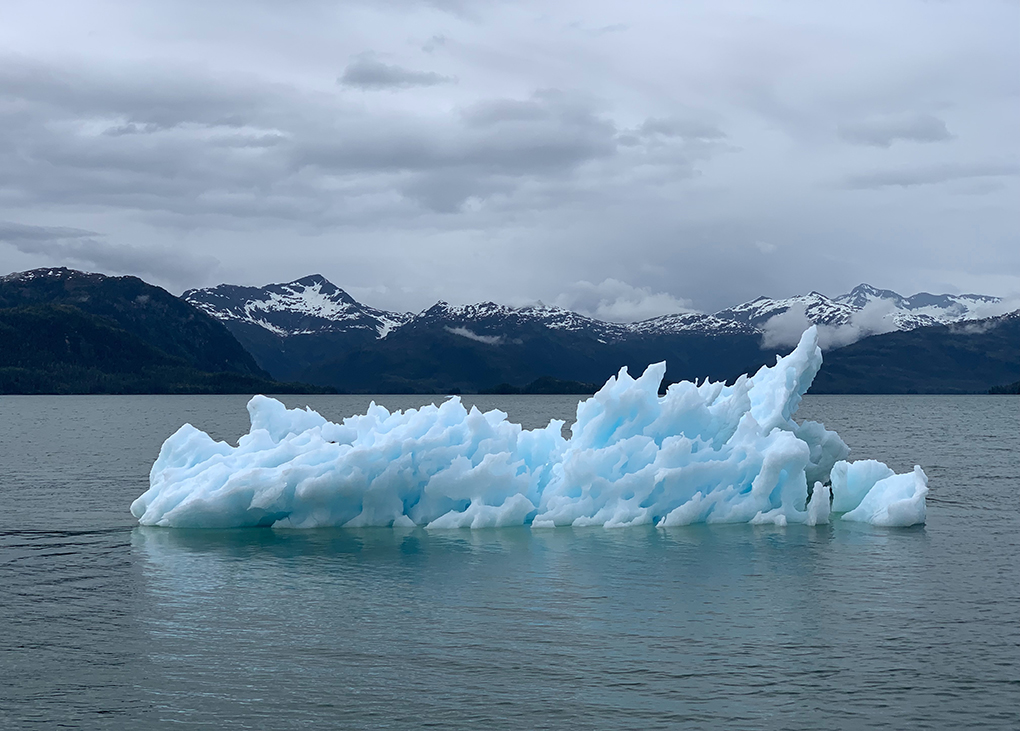As parts of Australia had their wettest spring on record, the World Meteorological Organization (WMO) announced that the Earth has just experienced its warmest eight-year period on record.
Through mid-October, parts of Australia were experiencing unprecedented precipitation. On October 6, Sydney had received about 2,213mm of rainfall for the year, surpassing the previous record of 2,194mm set in 1950, according to official data. This made it the wettest year for our biggest city since records began 165 years ago.
Forecasters said that heading into late spring and summer, because we’re still in an active La Niña period, eastern Australia can expect more rainfall, and an increased risk of flooding.
Sydney also recorded its wettest ever October. It was the third month this year when the New South Wales capital had set monthly records, the other two being July (404mm) and March (554mm).
Meteorologists predicted Melbourne would also register its wettest October on record. Wide swathes of Australia’s eastern seaboard experienced floods as a result of the heavy rains.
The news emerged as COP27 kicked off in the Egyptian resort city of Sharm el Sheikh last Sunday.
United Nations Secretary General António Guterres issued a terrifying warning in his opening remarks.
“We are in the fight of our lives, and we are losing,” he said. “We are on a highway to climate hell with our foot on the accelerator.”
According to a report in The Economist, there is no longer any chance of holding global temperatures to 1.5°C above pre-industrial levels, the ambitious target world leaders agreed to in Paris in 2015.
“An emissions pathway with a 50/50 chance of meeting the 1.5°C goal was only just credible at the time of Paris,” the report says. “Seven intervening years of rising emissions mean such pathways are now firmly in the realm of the incredible. The collapse of civilisation might bring it about; so might a comet strike or some other highly unlikely and horrific natural perturbation. Emissions-reduction policies will not, however bravely intended.”
The WMO says the Earth has just experienced its warmest eight-year period on record.
“The past eight years are on track to be the eight warmest on record, fuelled by ever-rising greenhouse gas concentrations and accumulated heat,” the WMO said. “Extreme heatwaves, drought and devastating flooding have affected millions and cost billions this year, according to the WMO’s provisional State of the Global Climate in 2022 report.
To read more from the WMO, including news about disappearing glaciers, click here.
 Matt Dillon
Matt Dillon


Leave a Reply